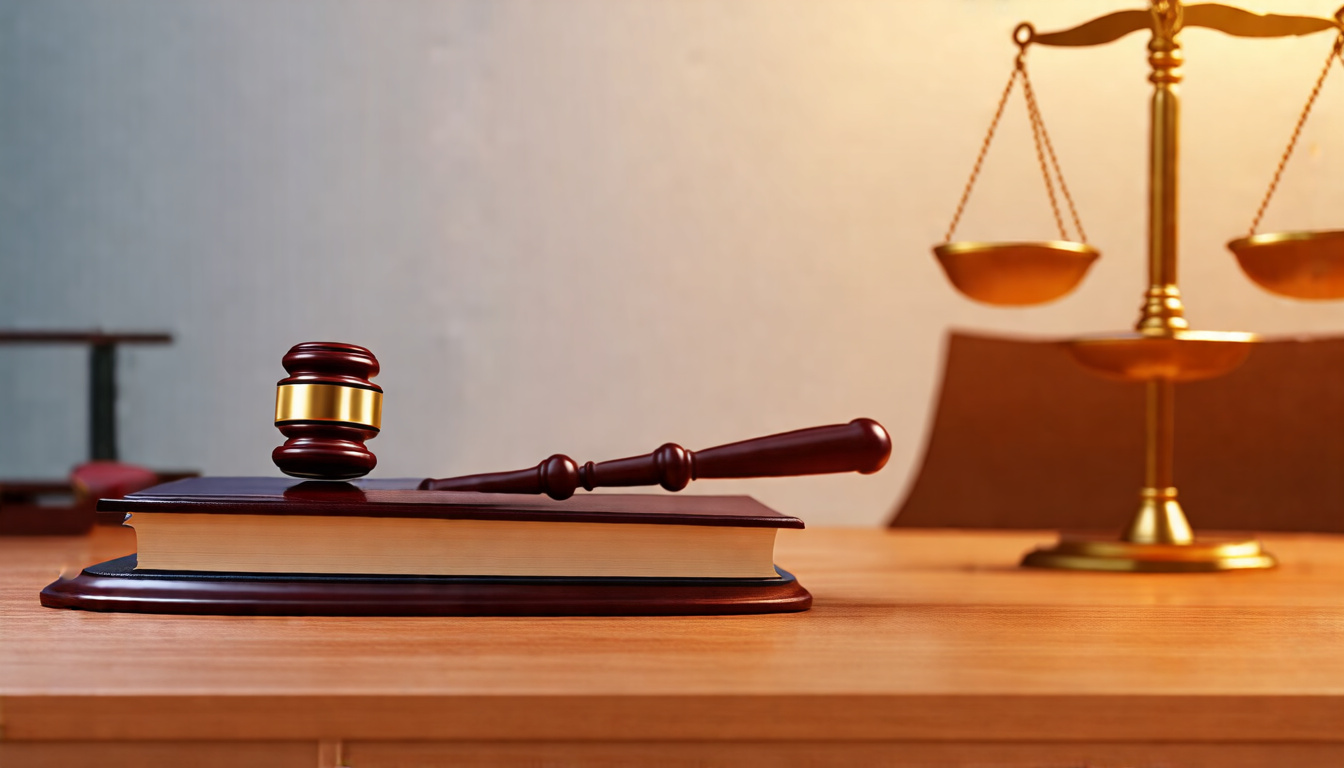Understanding legal responsibility matters. It helps you work with daily life and complex legal rules. You sign contracts, face liabilities, or learn your duties. A clear grasp of legal responsibility can stop problems. This article explains what legal responsibility means, shows its forms, and gives examples. It helps you make smart choices.
What Is Legal Responsibility?
Legal responsibility—or legal liability—is a duty set by law. It asks a person or group to act or face results. They may need to pay for harm, follow rules, or keep promises. At its core, the law shows who is at fault when rules break. For example, a business that breaks a contract may owe damages. Likewise, individuals must keep safety or avoid harming others.
Different Types of Legal Responsibility
Legal responsibility comes in many types. Each type has its own rules:
1. Civil Responsibility
Civil responsibility comes from non-criminal issues. It asks one side to pay for harm or loss. A breach of contract, property problems, or injury are examples. The aim is to restore what was lost through repair or money.
2. Criminal Responsibility
Criminal responsibility covers acts against society or the state. Theft, assault, or fraud show this type. When a person is criminally responsible, they face fines, jail, or community service. Proof must be strong and clear.
3. Strict Liability
Strict liability makes one responsible without proof of intent or carelessness. It applies when activities are risky or when a product is defective. Harm may happen even when all precautions stay in place.
4. Vicarious Liability
Vicarious liability links one person to another’s wrongs. An employer, for example, may pay for an employee’s mistake on the job.
Key Elements Determining Legal Responsibility
Legal responsibility rests on certain links. These links are:
- Duty of Care: A link that asks one to be careful.
- Breach of Duty: A break when one does not care.
- Causation: A link that shows the break caused harm.
- Damages: The actual loss seen by the victim.
These links help decide outcomes in cases of injury or carelessness.
Practical Examples in Everyday Life
Legal responsibility appears in many daily acts. Consider these examples:
- Driving: Negligence in a car crash links you to damages.
- Homeownership: A home owner must keep things safe to avoid injury.
- Employment: An employer must obey labor rules and make the work safe.
- Online Activity: A harmful post can link you to legal trouble under libel laws.

How to Manage Your Legal Responsibility Effectively
Managing legal responsibility keeps risk low. Here are steps that connect actions:
- Educate Yourself: Learn the laws that apply to you.
- Document Everything: Save contracts, messages, and agreements.
- Seek Legal Advice: Talk with an attorney to see your links.
- Implement Compliance Programs: For business, set rules that stick to the law.
- Obtain Appropriate Insurance: Use liability insurance as a safety net.
Frequently Asked Questions About Legal Responsibility
1. What does “legal responsibility” mean in law?
Legal responsibility is a legal duty. A person or group must act following rules. If they do not, the law shows results through penalties or compensation.
2. How is legal responsibility different from moral responsibility?
Legal responsibility comes from laws and carries penalties. Moral responsibility comes from values and personal duty. The law watches one; morals guide one.
3. Can a person be legally responsible for something they did not intend?
Yes. With strict liability, a person links to harm even without intent. Risky work or a faulty product can bring legal responsibility.
Why Understanding Legal Responsibility Matters
Knowing legal responsibility stops issues from growing. It helps you:
- Avoid costly court fees or fines.
- Act smart in contracts and agreements.
- Stay clear with regulators.
- Skip accidental law breaks.
For instance, the American Bar Association shows that knowing your links to legal duty cuts risks in work and life.
Conclusion: Take Charge of Your Legal Responsibility Today
Legal responsibility is a key part of living with laws. Whether you are one person or a business, knowing your legal links helps you act right and guard against trouble. Do not wait until issues come. Learn the laws, get advice, and plan for risks.
If you want to keep safe and follow rules well, start by checking your current links. A legal expert can guide you with advice that fits you. Remember, clear links and firm knowledge are your best defense—own your legal responsibility with care today!
Author: Doyle Weaver, Attorney at Law
Home | Estate Planning | Personal Injury | Hill Country Lawyer | Terms of Service | Privacy Policy
© 2025 Digital Law Firm, P.C.
Disclaimer: The content provided in this blog is for educational and informational purposes only. It is not intended to constitute legal advice or establish an attorney-client relationship. The information presented does not address individual circumstances and should not be relied upon as a substitute for professional legal counsel. Always consult a qualified attorney for advice regarding your specific legal situation. The author and publisher are not liable for any actions taken based on the content of this blog.

Leave a Reply